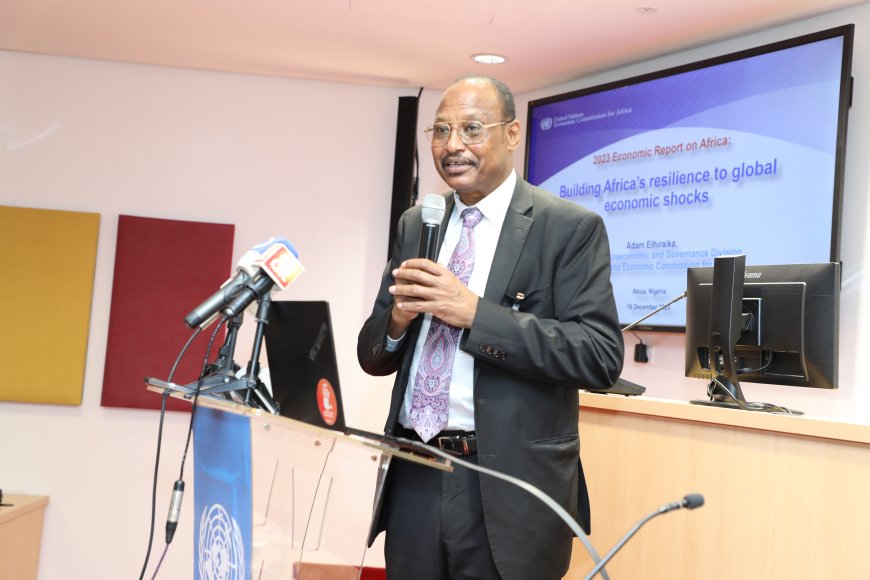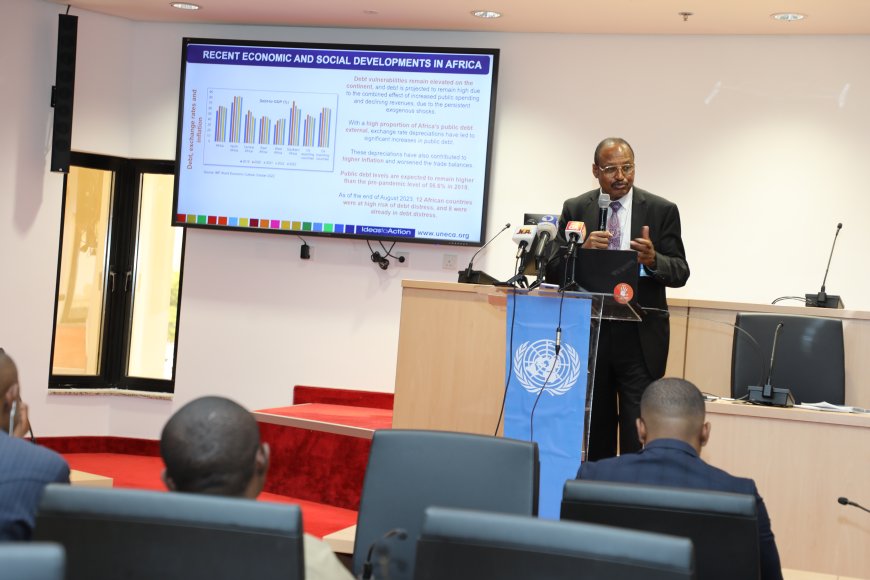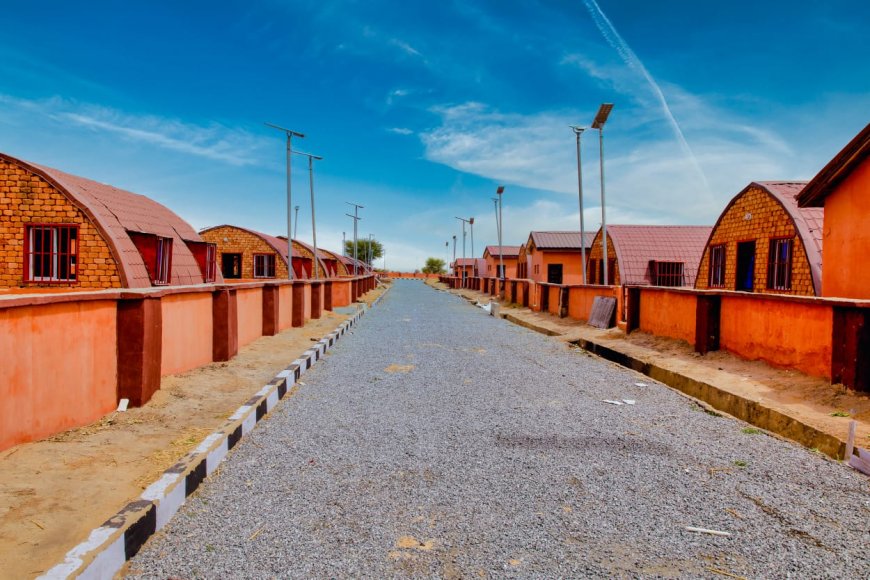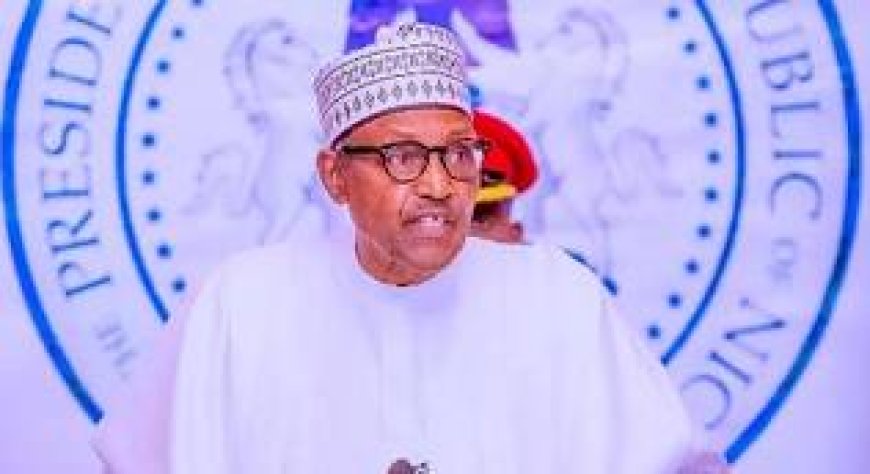A report by the Economic Report on Africa 2023 (ERA 2023), has noted that achieving sustainable growth and building resilience requires structural transformation.
According to the Report, successful industrial policy requires both sectoral focus as well as getting the basics right.
The report further obswerved that it was essential for countries to identify optimal combinations of policy actions to nurture an industrial program.
These were contained in the Economic Report on Africa 2023 (ERA 2023), which was launched on December 18, 2023, in Abuja, Nigeria.
The report titled: “Building Africa’s Resilience to Global Economic Shocks”, was presented by the Director, Macroeconomics and Governance Division at the United Nations Economic Commission for Africa (UNECA), Adam Elhiraika.
According to the report, the current global economic architecture affords opportunities for African countries to leapfrog and accelerate industrialization through careful experimentation of what has worked elsewhere and adapting it to local conditions.
Elhiraika, who equally presented the 2023 Africa Sustainable Development Report, further explained that firm survival and growth in Africa were closely linked with exporting, working with international capital and international or global firms, adopting international managerial norms and standards as well as developing industrial clusters.
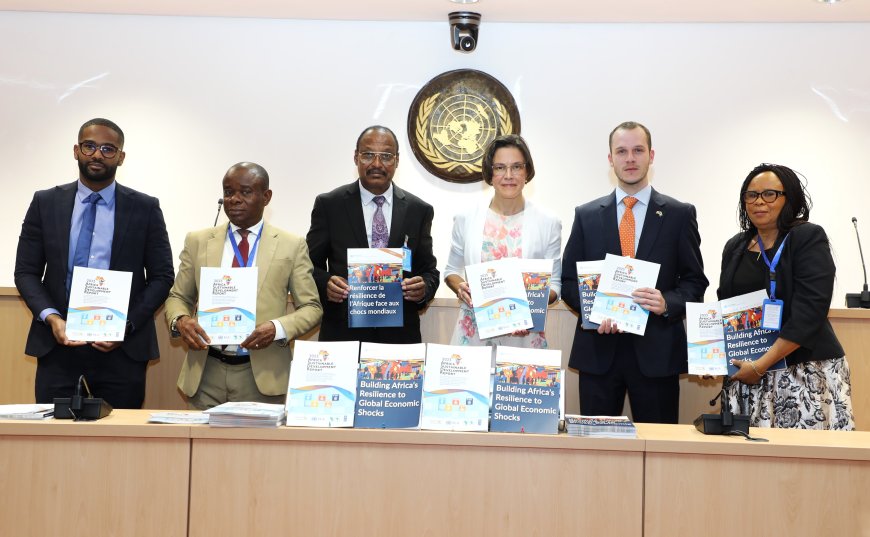
Captions: Adam Elhiraika, Director, Macroeconomics and Governance Division, United Nations Economic Commission for Africa, Addis Ababa with the Dignitaries displaying copies of the Reports after the official presentation.
According to ERA 2023, these elements come in different shades depending on the type of firms and their technology intensity. Broadly, however, three economic fundamental gaps require attention to get the basics right: skill gaps; infrastructure gaps and overall institutional quality gaps.
On Promoting regional value chains, the report states that countries can collaborate in creating, for example, regional agricultural commodity markets that will help to connect surplus economies with net importers for wheat, sugar and rice, adding that this would reduce dependence on Russia and Ukraine.
“Financial integration could also protect the continent from the vicious cycle of debt distress and liquidity crunches through regional bond markets that would enhance savings mobilization, risk pooling and funding for regional and national infrastructure.” The report explains.
UN Resident and Humanitarian Coordinator, Matthias Schmale, represented by the Economist in the Resident Coordinator’s Office, Nonso Obikili, noted that the convergence of many crises, such as the shocks generated by the consequences of the COVID-19 epidemic, the ripple effects of the Russian invasion of Ukraine, and climate change had resulted in Africa experiencing a setback or lack of progress in achieving the targets set by the Sustainable Development Goals (SDGs).
He cited an example of the impact of shocks on poverty, in 2021, when almost 30 million Africans experienced severe poverty, and the loss of 22 million employment occurred.
“The top ten countries with the highest number of poor people account for 64.7% of the continent’s poor population. The first four countries—Nigeria (100 million), the DR Congo (67 million), Tanzania (36 million) and Ethiopia (33 million)—account for 42% of the poor population.” Schmale said.
The ERA 2023, therefore calls for new approaches for African countries to address challenges of global economic shocks. The report calls for improving risk management and building resilience strategies through well-designed national development plans and good governance, as well as structural transformation through equitable green growth and smart industrial strategies.
Special Adviser to the President on Economic Matters, Dr Tope Fasua, highlighted economic recessions that Nigeria had experienced in the past: Commodity price crashes of early 1970s after the oil boom in 1973; recession of the 1980s due to fall in commodity prices; and another crash in the mid-2000s due to crude oil crash.
“We live life of volatility in terms of our finances, and most of Africa is still tethered to these kinds of risks.” He said.
At the launch were representatives of the United States Embassy, European Union, USAID, Federal Ministry of Budget and Economic Planning; Federal Ministry of Finance; Central Bank; and UN Agencies.

